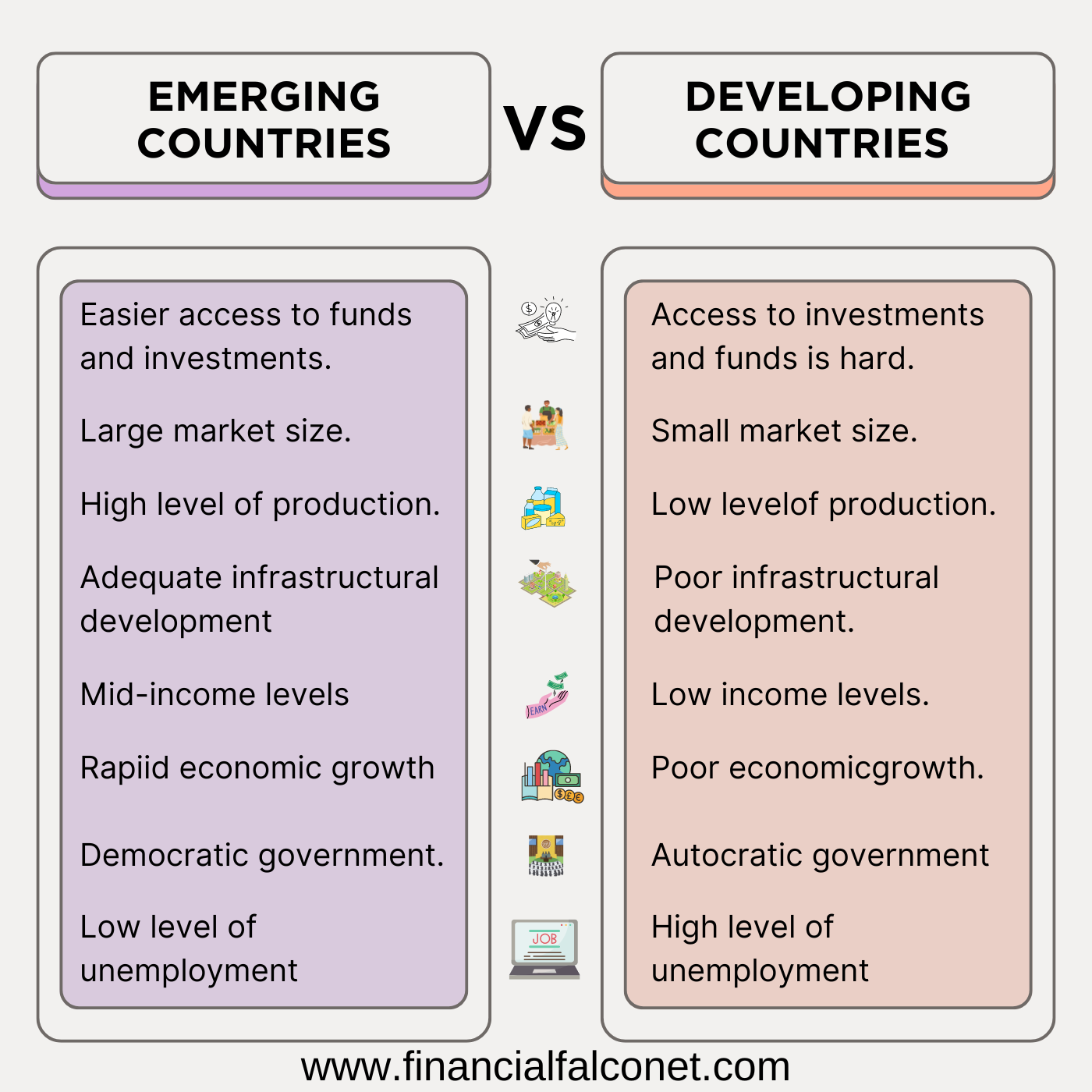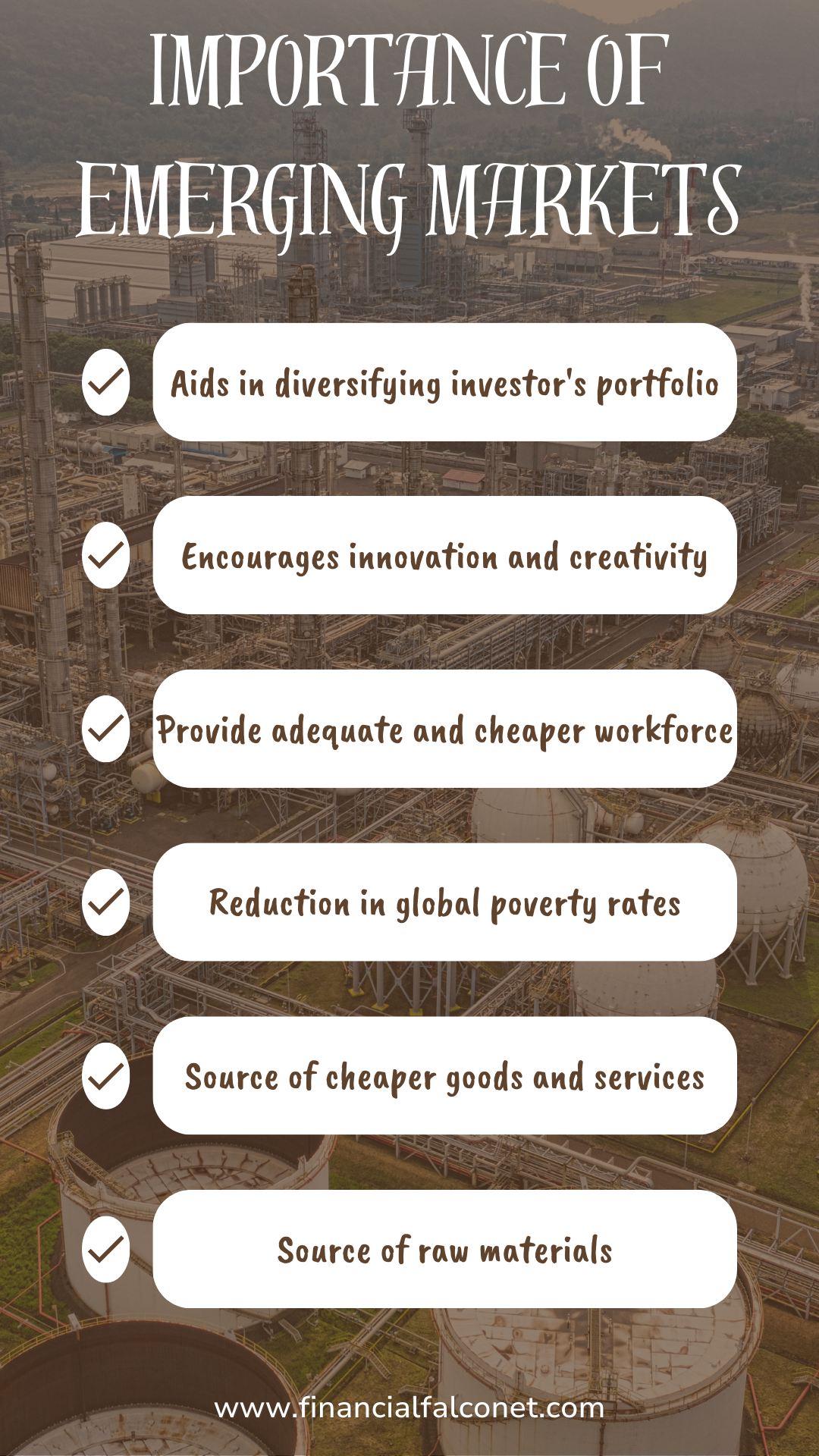Features of capitalism: 6 main characteristics
The features of capitalism are the distinctive attributes observed in capitalist countries. They are also known as the characteristics of capitalism. These features distinguish capitalism from other economic systems like socialism and feudalism.
Definition of capitalism
Capitalism is a type of free market economy where private individuals own and control the means of production with the sole aim of profit; this means that you can own your own land, start your own business, and employ your own labor while also determining their wages without government involvement; this happens in pure capitalism. In pure capitalism, there is no government interference because the forces of demand and supply determine the prices of goods and services. All capitalist countries have minimal government interference, therefore, in reality, pure capitalism doesn’t exist.

Main features of capitalism
- Right to ownership of property
- There’s no government intervention
- Free market mechanism
- Producer/consumer souvirenty
- Profit-oriented
- Encourages competition
The above are the main features of capitalism, we will discuss more on each of these characteristics.
Right to ownership of property
One of the main features of capitalism is the ability of an individual to own private property. In a capitalist economy, people have the right to hold assets and property and conduct any business within lawful limits. This feature gives a leveled playing ground to everyone and the right to start a business and own property. The merit of this feature of capitalism is that it gives room for wealth accumulation. The disadvantage of the right to ownership is that some individuals or companies may capitalize on it and accumulate more wealth at the detriment of others; this leads to wealth inequality.
There’s no government intervention
The government does not intervene in a capitalist economy, or its intervention is very minimal. Entrepreneurs are allowed to create any legal product or service and fix any price they wish as long as they can find buyers who pay to buy their products and services. That means, no fixing of prices by the government; in a situation where the government intervenes, it helps to regulate and inspect the standard and quality of products before taking them out for consumption and not for fixing of prices. The disadvantage to allowing the capitalist to fix the prices of goods is that the prices may be unaffordable to the consumers, especially the basic commodities. This occurs because the capitalist may want to maximize profit at the detriment of consumers, especially in scarcity.
Free market mechanism
Market forces of demand and supply are allowed to operate freely in capitalism. The government doesn’t interfere in fixing the prices or level of output in a pure capitalist economy (Laissez-faire capitalism). When the consumers and producers act for their benefit, it will keep the economy running efficiently; however, it may lead to market failure because acting on self-interest may not always give the optimal result.
Producer/Consumer sovereignty
Another feature of capitalism is the freedom to produce whatever you want as an entrepreneur. The producers are not given a quota for production; that is, the limitation to the number of products manufactured is left for the capitalist to decide. When there is high demand, the producer manufactures more; when demand falls, the production is reduced.
This is of great benefit because the capitalist being profit-oriented can increase output when there is high demand, thereby earning more; this characteristic of capitalism makes it more attractive to entrepreneurs than communism (in which the production output is regulated).
The higher the incentive or profit, the higher the production, and vice versa. Private individuals make all important decisions toward profit and incentives, and self-benefit. Consumers have outright freedom to consume whichever goods they like as long as they can afford them.
Freedom of choice is the major benefit for the consumer, and the producer makes profits; both get what they desire according to their resources.
Profit-oriented
The sole aim of an entrepreneur is maximizing profit, which is one of the features of capitalism and also the major motivation for starting a business.
It encourages competition
A very good capitalism feature is competition among the capitalists, which drives innovation and may even drive down prices of goods and services all in the effort of trying to increase their market share. This way, the consumers benefit through quality products from the producers and may even enjoy lower prices of goods as the capitalists try to lure the consumers with reduced prices.


